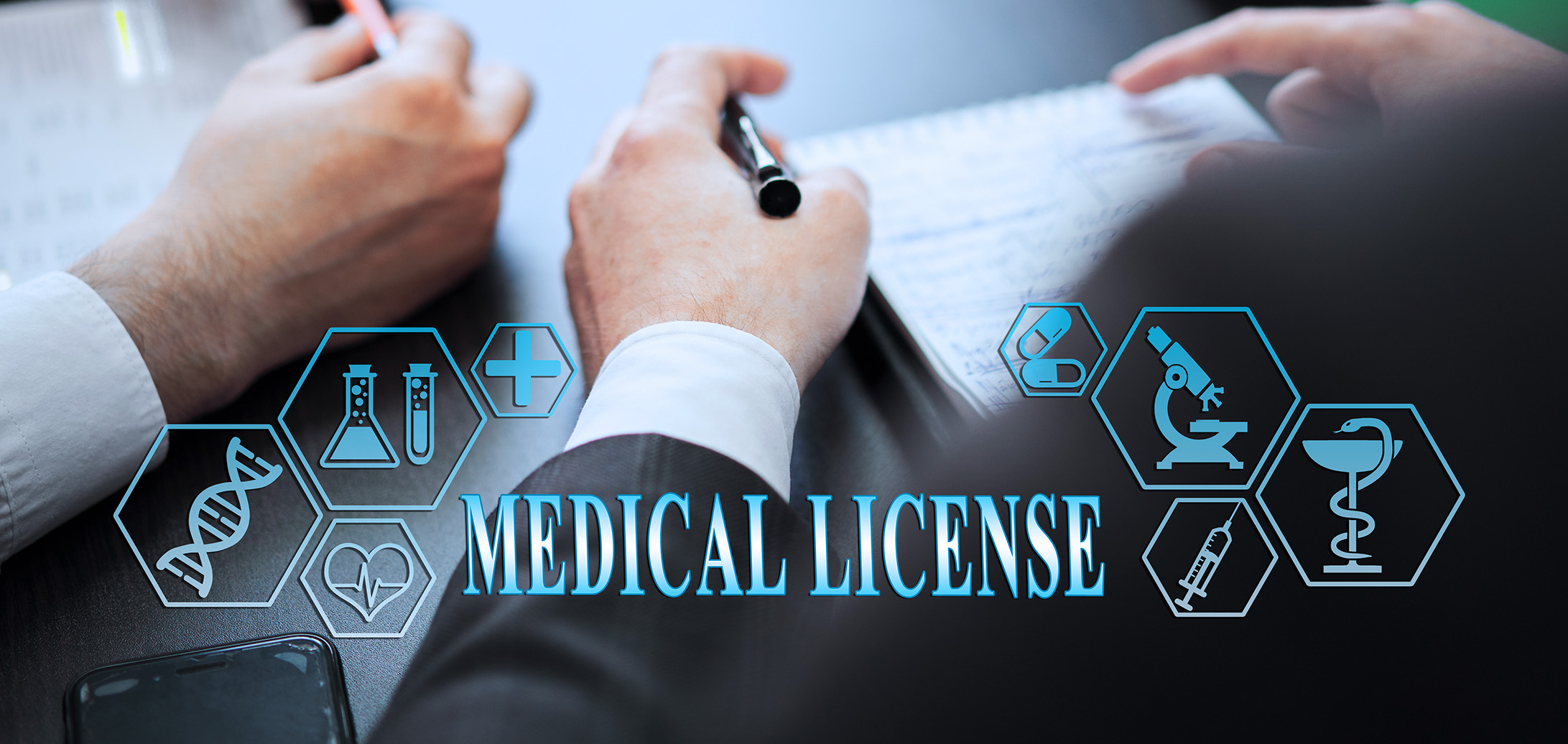
Obtaining the appropriate licenses is a critical step for practitioners in the healthcare industry. To guarantee they can deliver medical services. We understand the value of a medical and a healthcare professional license in a healthcare provider’s career. We will discuss these licenses, their requirements, and their value here.
A medical license is a formal document that gives healthcare practitioners the legal right to diagnose and treat patients. The relevant medical board or authority issues it. It proves their expertise, credentials, and commitment to moral principles in the medical industry. Patients may trust and feel confident in their treatment when a doctor has a current remedial license.
Completing the relevant academic criteria is the first step in acquiring a license. A residency program and a medical degree from a reputed medical school must be completed.
Those individuals who clear the academic and test requirements. A further step is to apply for a license with the medical board in their state. You must provide all required documentation, supplemental materials, and fees.
To guarantee that candidates have no history of malpractice. Or unethical activity, medical boards investigate applicants’ backgrounds.
Applicants may be required to submit more evidence. To verify their credentials or to attend an interview by some medical boards.
The medical board grants a license to the applicant. Only when they have satisfied all requirements. They allow them to participate in medical license practice within the state.
For example, nurses, pharmacists, and therapists must hold certain licenses to perform. These licenses reflect their expertise and dedication to providing safe and effective patient treatment.
Obtaining a Healthcare Professional License
Healthcare professionals must finish pertinent education and training programs from approved institutions to get their healthcare licenses further.
Each healthcare area has a unique licensing test. That is designed to test the knowledge and abilities necessary for that profession.
Applicants must submit their applications and any required papers, such as academic transcripts and exam results, to the appropriate licensing board.
Candidates should be aware of the unique constraints in the region where they plan to practice considering licensure requirements differ from state to state.
Many healthcare licenses require specialists to participate in continuous learning to stay current with industry advancements.
In conclusion, getting a healthcare license is an important career move for a healthcare provider. These licenses verify their qualifications, informing patients of their competence and commitment to providing excellent care. We are committed to helping healthcare professionals through the difficult licensing procedure so that their professions are based on a strong foundation of legality and knowledge.
![]()